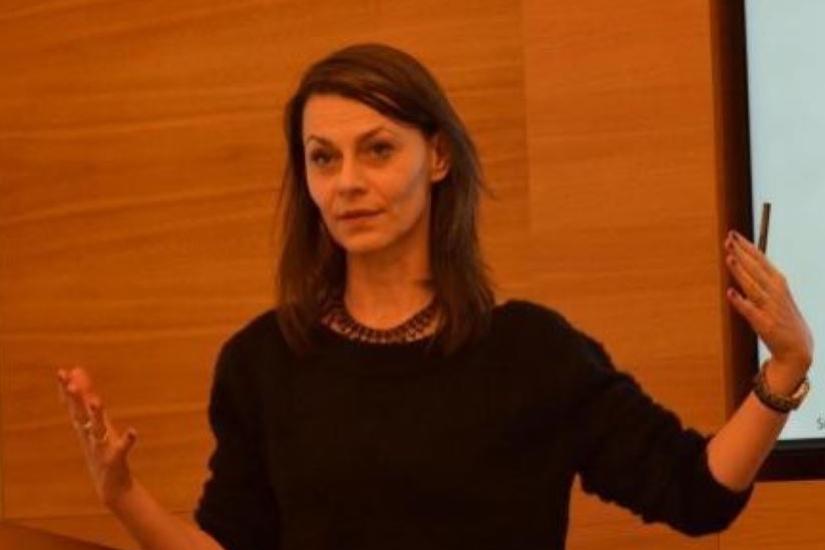
You are cordially invited to the doctoral defense of Ivana Vuco, PhD student of the Department of Environmental Sciences and Policy
Join Zoom Meeting
Meeting ID: 990 7924 9945
Passcode: 218228
Committee:
Supervisor: Dr. Viktor Lagutov, Department of Environmental Sciences and Policy
Internal Committee Member: Dr. Thilo Bodenstein, Department of Public Policy
External Committee Member: Dr. Daniel Maxwell, Tufts University, Boston, US
Opponent: Dr. Susan Banki, The University of Sydney
Abstract:
In order to save lives, reduce suffering, and restore dignity, as the humanitarian community often claims to do, to those affected by natural or human-made disasters, international humanitarian organizations mobilize human and financial resources and deploy to disaster areas. Such a humanitarian undertaking is guided by a set of ethical principles, among which humanitarian imperative, impartiality, neutrality or some level of political non-alliance, and operational independence stand as the most important. What they are is described in practical documents, journal articles, and scholarly books. Yet, their application appears to be anything but clear to the aid worker operating in unfamiliar, politically complex, and often unsafe contexts and under the pressures of time.
This dissertation’s research question asks how the international humanitarian coordination systems and their member organizations engaged in ethical decision-making when responding to natural and human-made disasters in humanitarian responses to a set of events that unfolded in Somalia, Yemen, and Libya in the second decade of the 21st century. More specifically, the research examines the application of ethical humanitarian principles in those disasters. Conducted during the most restrictive years of COVID-19, the research applies modified interpretivist methodologies, relying on primary data and remote interviews, and observations and knowledge acquired from previous professional engagements in two of those cases. It is rooted in constructivism and inspired by the transnational advocacy network theory.
This research argues that aid organizations indeed use humanitarian principles in disasters, albeit selectively, inadequately intentionally, and unsystematically. Decisions are too often highly influenced by context, most notably: (i) proximity to a crisis and populations affected by the crisis; (ii) organizational mandate and reputations; (iii) foreign policy and legislations, as well as funding conditionalities; (iv) local conditions and restrictions; (v) perceived urgency of the humanitarian need (vi) media and human rights narratives; (vii) risk of causing harm; and (viii) confidence in the ability to influence and effect change. The decision-making is fluid; competing interests meet at the humanitarian country team levels and the margins of policy meetings, with donors drawn into the discussion when convenient for individual policy drivers. Ethical positioning is thus constantly made and remade. The most powerful tool to realign ethical principles, although not a silver bullet, is achieved through advocacy, which is most likely to succeed when employed by the international humanitarian system as a whole.
Apart from serving to inform and shape humanitarian programming and improve the effectiveness in mitigating the effects of disasters, humanitarian principles also serve to create a community of self-identified global humanitarian responders endowed with (moral) responsibilities and rights. If appropriately used, the principles can also be employed to influence foreign policy and, sometimes, domestic actors to unblock access to disaster-affected populations. The principles, therefore, can have broad effects and appeal beyond the aid system, the potential that appears to be largely unrecognized and inadequately and systematically employed.
The ultimate objective of this research is to inspire further thinking about what might be possible and what ought to be done to strengthen the ethical delivery of humanitarian aid in the world.
Ivana Vuco is a regional humanitarian advisor for USAID’s Office for Foreign Disaster Assistance (OFDA), based in Budapest. In the past, she held several senior positions within the UNHCR and the UN OHCHR in Yemen, Iraq, Nigeria, Libya, Rwanda, Syria, Jordan and Geneva, Switzerland. She holds a Master’s Degree in international law and diplomacy from the Fletcher School of Law and Diplomacy.